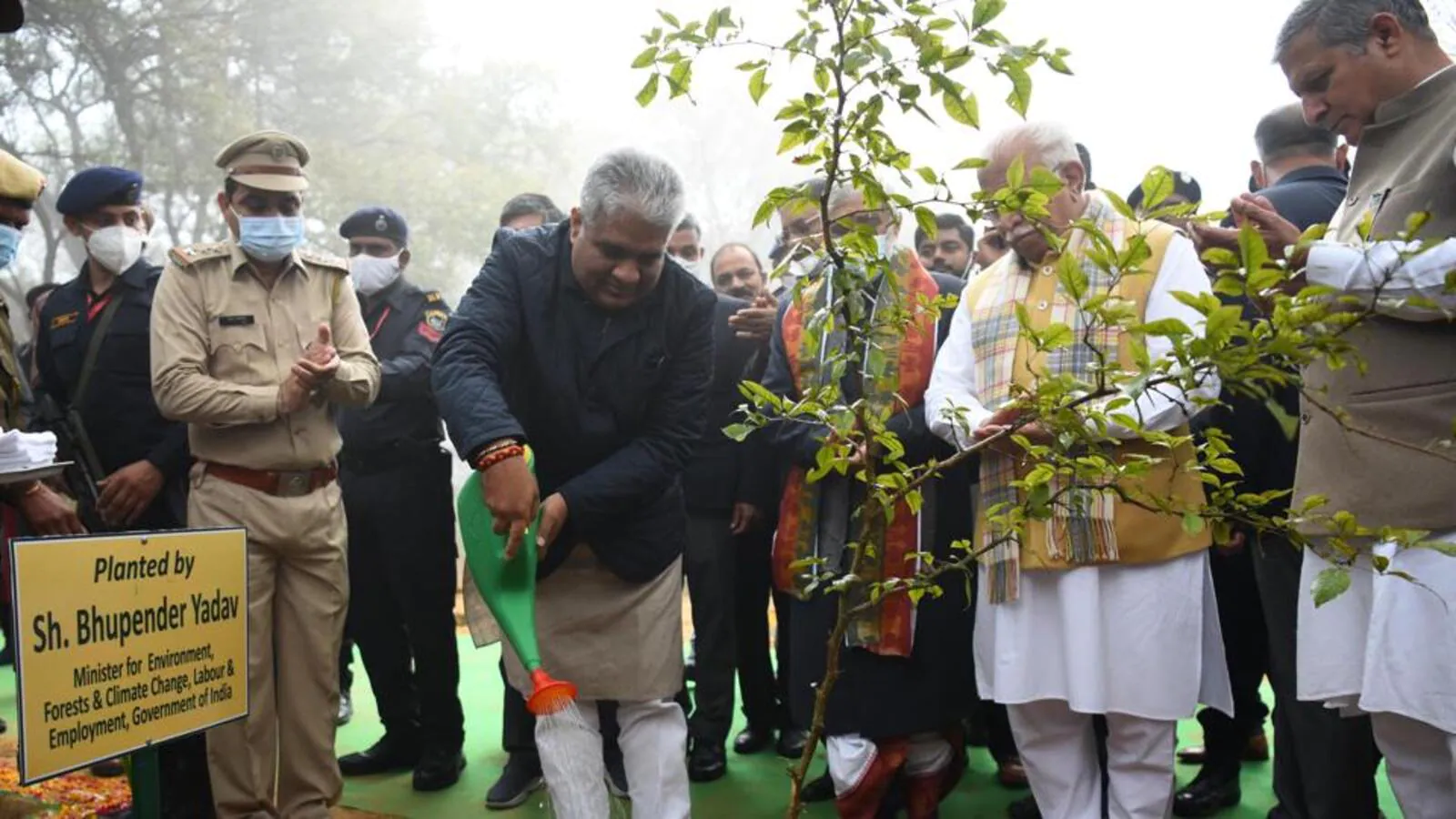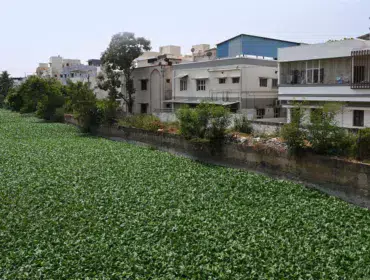The Aravalli Biodiversity Park has been declared India’s first “other effective area-based conservation measures” (OECM) site. The announcement was made by officials of the Union Ministry of Environment, Forest and Climate Change
Vineet Kumar Garg, Chairman of the Haryana State Biodiversity Board, said, “The OECM tag is given by the International Union for Conservation of Nature (IUCN) to areas that are not protected but support rich biodiversity. Aravalli Biodiversity Park in Gurugram has been notified as the first OECM site in the country. It’s a matter of pride.”
The OECM tag does not bring any legal, financial or management implications, but designates the area as a biodiversity hotspot on the international map, officials of the ministry said.
The proposal to declare Aravalli Biodiversity Park an OECM site was sent by the National Biodiversity Authority to the IUCN in December 2020.
The Aravalli Biodiversity Park is spread across 390 acres and has semi-arid vegetation, with around 300 native plants, 101,000 trees, 43,000 shrubs, and several species of birds.
The park was transformed into a city forest from a 40-year-old mining site through the efforts of citizens, ecologists and scientists along with the help of the urban local body of Gurugram. The work started in the year 2010, when a citizens group called IAmGurgaon, wanted to do save the Aravallis and create a public space.
In April last year, the MCG signed a memorandum of understanding (MoU) with Hero MotoCorp Limited for the ecological restoration and conservation of the Aravalli Biodiversity Park till 2031, and formally handed over its management in July.
The Aravallis, one of the oldest mountain ranges in the world, are considered the green lungs of Delhi-NCR, a crucial water recharge zone for the region. They also support rich fauna, including leopards, sambhar, fox, jackals, and palm civets among others.
In 2018, a study by the Centre for Environmental Research and Education covering biodiversity aspects, oxygen generation, value of trees and a host of other criteria, showed that the Aravalli Biodiversity Park potentially supplies around 7.07% of the oxygen requirement for the Delhi-NCR.
Source: Hindustan Times
Photo courtesy: Hindustan Times














